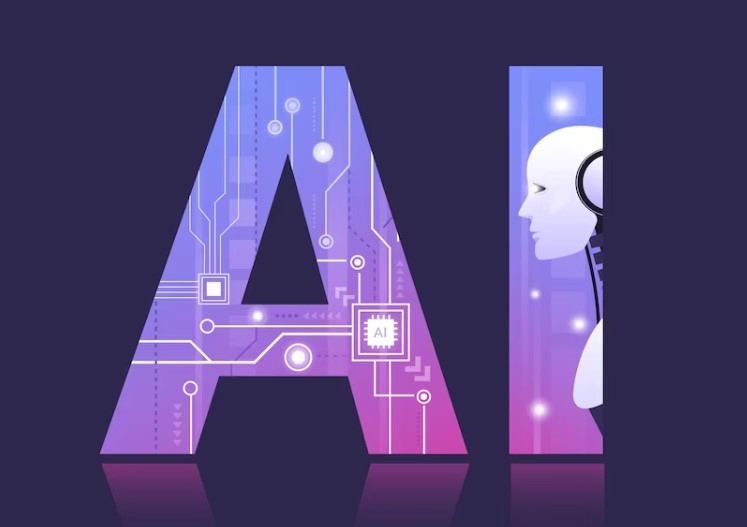Like all other sectors artificial intelligence is making its mark in the educational sector. It is improvising old teaching techniques and introducing new ones for a well-administered teaching experience. AI technologies enable effective lesson planning with a detailed approach and include differentiation strategies for all students. AI is not only beneficial for educators but it enables students to enhance their learning experience through advanced AI techniques. AI has led to the concept of remote learning. People from faraway areas having a stable internet connection such as Spectrum Internet and the best part is Spectrum WiFi plans that are under their budget, now have access to quality education within the comfort of their homes.
Differentiated Learning
Artificial intelligence is extremely beneficial for implementing differentiation strategies. They assist teachers in tailoring content according to the individual needs of students and suggest strategies that enable effective learning. AI is used to make study schedules according to the routines and requirements of each student. Advanced AI technologies can identify gaps in student learning and alter content according to their needs. It provides additional resources and simplified content to enable effective learning. It allows students to learn at their own pace and adjust instruction to the student’s requirement with each passing level.
The analytical abilities of artificial intelligence help students reflect on their learning and assist teachers in monitoring the progress of each student. Innovation in AI technology is believed to advance to a level where AI will be able to detect struggling students through the expression on their faces while they are taught a certain topic. It will then alter the content and respond according to the individual needs of each student.
Global Access
Advanced artificial intelligence technologies can cater to a diverse market all over the world. Through the AI-powered Presentation Translator program, it has become easier for students in any part of the world to access quality education. The Presentation Translator translates instruction in real-time as the teacher talks and presents it in the form of subtitles. This is extremely helpful for students who are unable to attend physical classes due to illness and or others who wish to learn a subject that is not offered in their institution.
Automating Administrative Tasks
Artificial intelligence is assisting teachers in paper checking and grading while analyzing the class output and suggesting strategies to cope with gaps in learning. AI technologies are used in grading multiple-choice questions for long and soon AI will be able to check written responses. This leaves the teachers with more time to engage with students at a personal level. Programmers are developing AI that will be able to assist in effective student enrollment and simplify the admission process.
AI Produced Content
AI produces diverse educational content in the form of digital books, quizzes, practice sets, guides, and videos that help teachers in developing effective lesson plans according to their goals and timeline. AI is bringing a more personalized approach to the field of education. Advanced AI technologies can enable tech-driven schools to incorporate augmented and virtual realities into their instructional medium. Web-based lessons can back these systems. Artificial Intelligence evaluation and monitoring techniques can detect the student learning and match the instructions according to their requirement. This can increase efficiency as AI technologies will be able to detect gaps in knowledge. A mistake made by a student will enable the monitoring technologies to trace it back to the concept and identify weak areas for teachers to adjust their lessons.
Intelligent Tutoring
AI-backed intelligent tutoring systems (ITS) enable one on one learning for students struggling in class. They provide support and adjust content according to the needs of the student. ITS lets students learn at their pace and provide feedback for students to reflect on. ITS cannot replace humans in teaching and can be used to impart instruction in small lessons that can be graded online. ITS can teach several subjects including computer programming, math, languages, geography, physics, circuits, chemistry, and genetics. It is programmed to measure student engagement, evaluation metrics, and comprehension.




